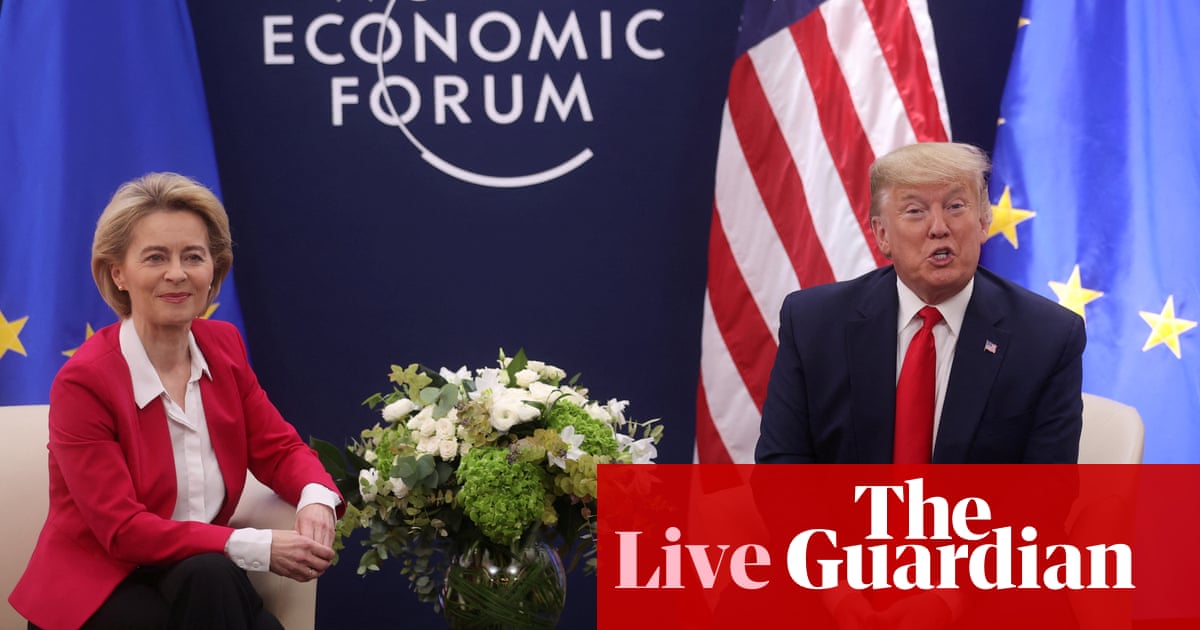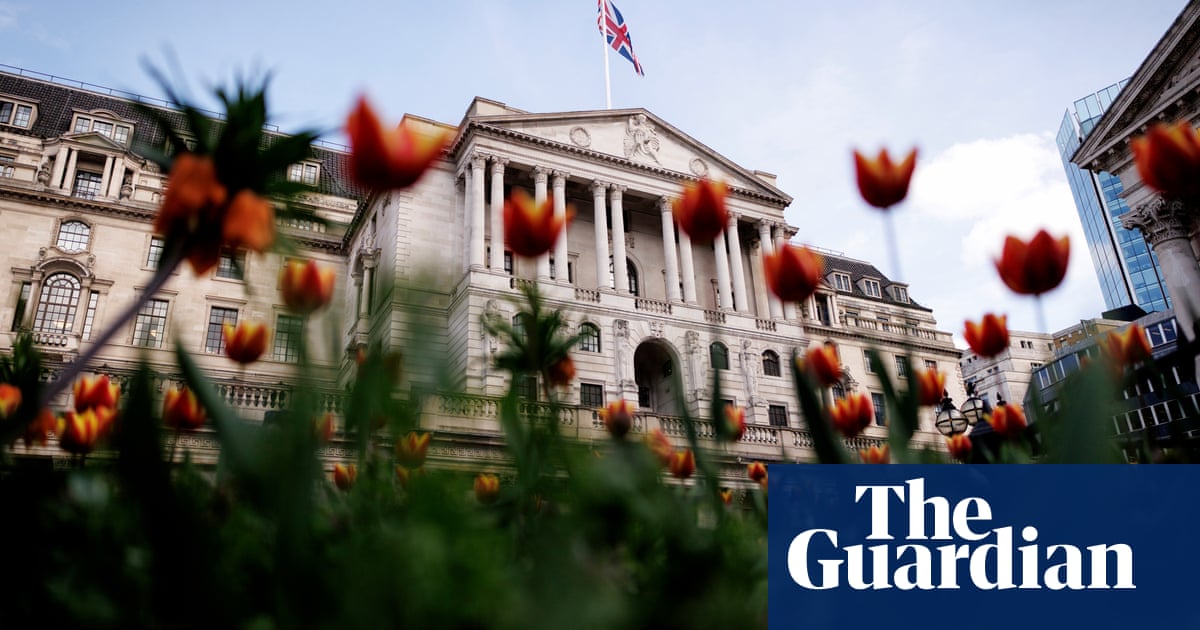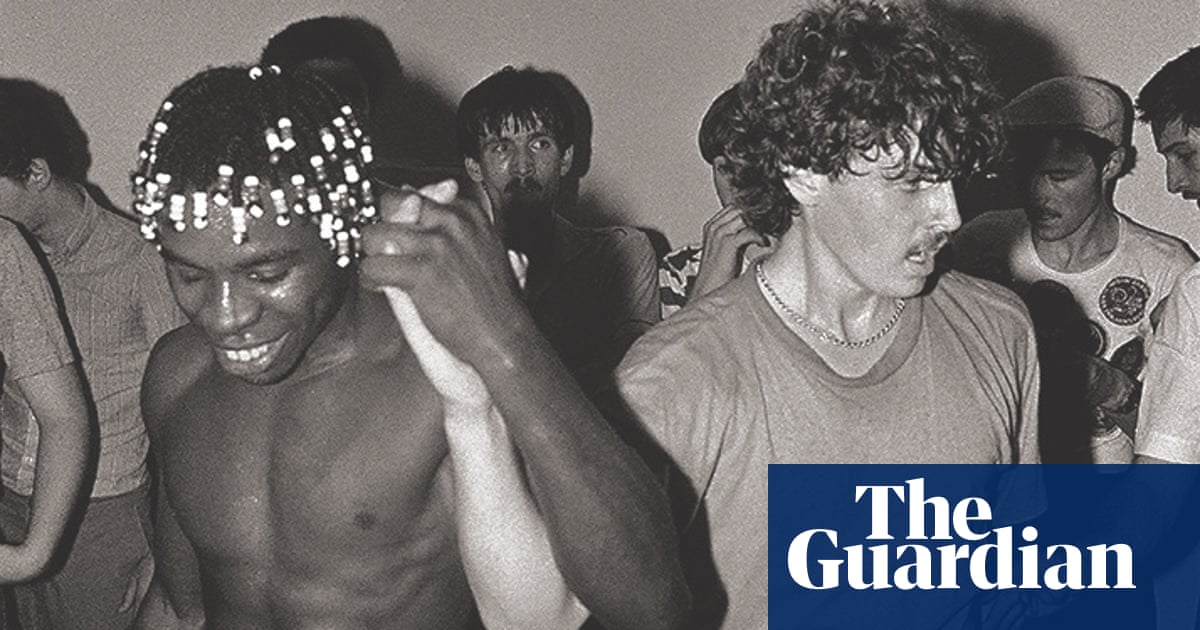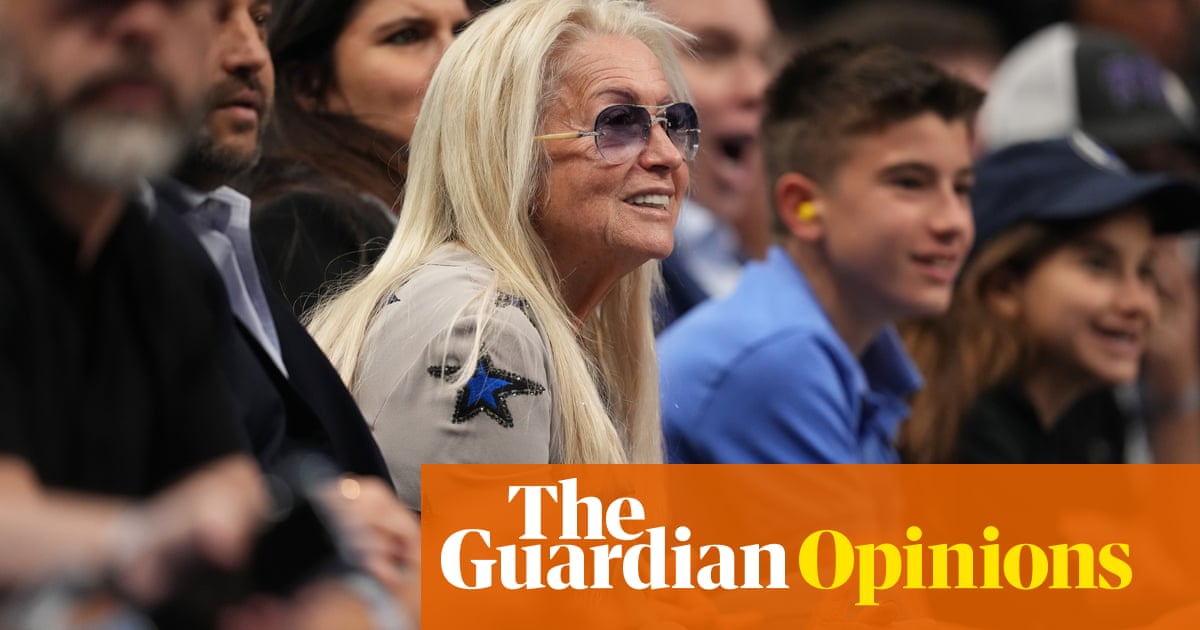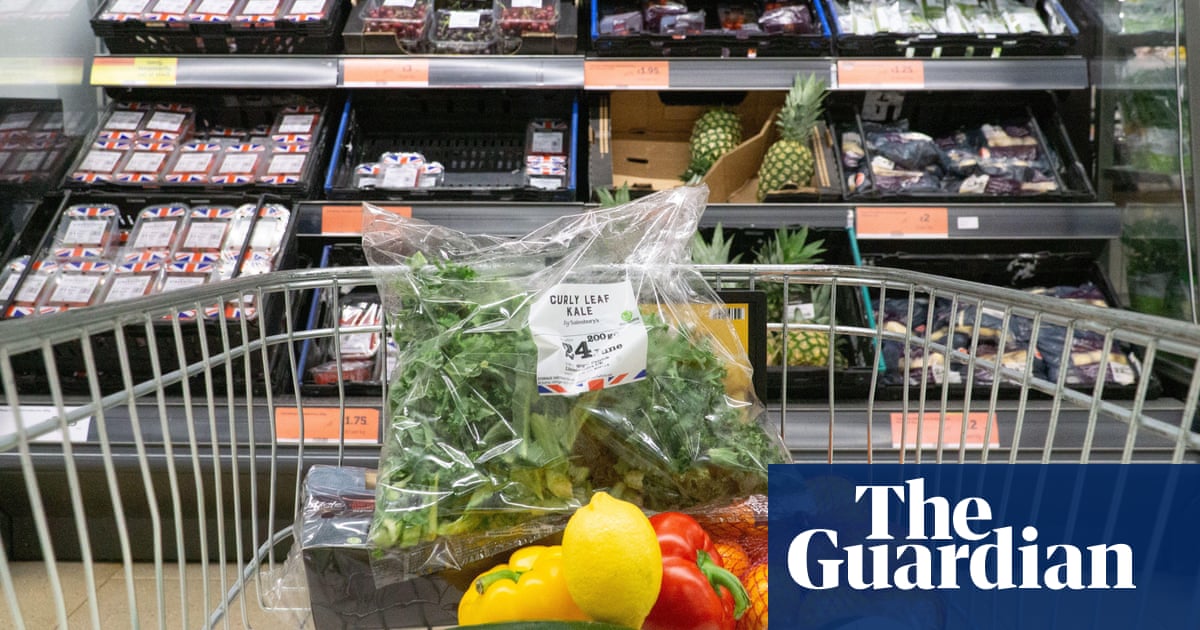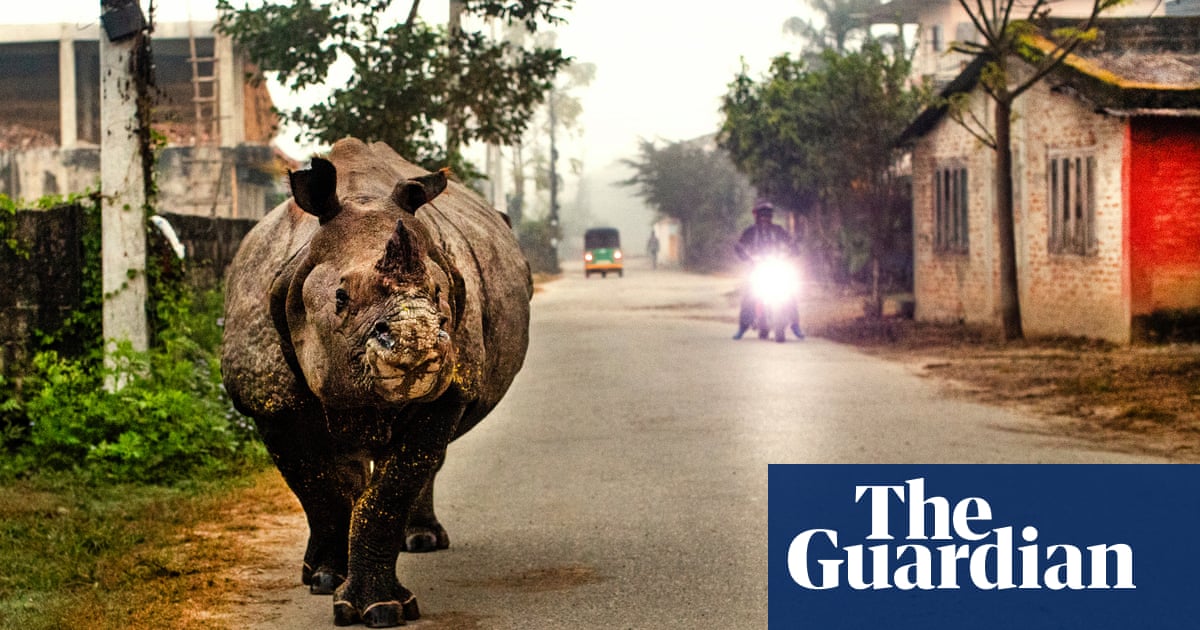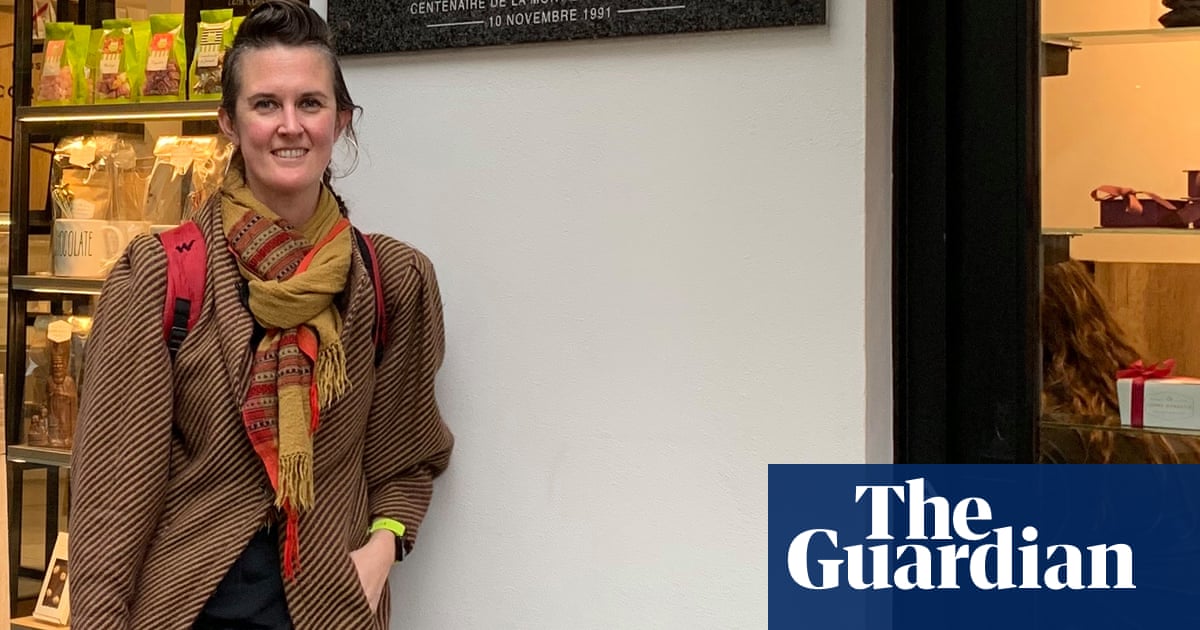The Duke of Sussex claimed he had been “singled out for different, unjustified and inferior treatment”, as he appeared at the high court in London in the latest round of legal action over his security arrangements in the UK.
Prince Harry is challenging the dismissal of his high court legal action against the Home Office last year, over a decision by the Executive Committee for the Protection of Royalty and Public Figures (Ravec) that he should receive a different degree of taxpayer-funded protection when in the country.
The duke, 40, sat behind his legal team in a packed courtroom occasionally taking notes as his barrister, Shaheed Fatima KC, told the court of appeal that the judge Sir Peter Lane had erred when he ruled last year that Ravec’s decision, taken in early 2020 after Harry and Meghan stepped down as senior working royals, was not unfair.
Fatima told the court that Ravec had failed to apply its own terms of reference by not getting an assessment from an “expert specialist body” called the risk management board (RMB), and instead coming up with a “different and so-called ‘bespoke process’”.
“The appellant does not accept that ‘bespoke’ means ‘better’. In fact, in his submission, it means that he has been singled out for different, unjustified and inferior treatment,” she said.
Fatima added: “The appellant’s case is not that he should automatically be entitled to the same protection as he was previously given when he was a working member of the royal family.
“The appellant’s case is that he should be considered under the terms of reference and subject to the same process as any other individual being considered for protective security by Ravec, unless there is a cogent reason to the contrary.”
She said the grounds of the appeal were that the judge had erred in his conclusion there was “good reason” to depart from Ravec’s terms of reference and that Ravec could properly decide that the duke was not within the “other VIP” category without procuring the analysis of the RMB. The judge had also erred by concluding Harry was not in an analogous position to those in the “other VIP” category, she said.
The core question raised by this appeal was whether Ravec had given “a clear, logical and convincing reason” for failing to do an RMB assessment, she said. “The answer to that question is no.”
She said: “The judge’s starting point for that ‘good reason’ question is that the RMB assessment is optional or discretionary. That is wrong, and that fundamental error of interpretation then completely tainted his analysis of ‘good reason’.”
Ravec’s reasoning for not carrying out a risk management board (RMB) assessment “does not stack up”, she added.
The Home Office, which has legal responsibility for the committee’s decisions, is opposing the appeal, with its lawyers previously telling the high court that decisions were taken on a “case-by-case” basis.
In written submissions, Sir James Eadie KC, for the department, said Harry’s challenge to the Ravec decision was fairly and accurately analysed by the judge as relying upon “an inappropriate, formalist interpretation of the Ravec process” and a “mechanistic, overly literal approach”, which was “misconceived”.
He added: “The appeal is fairly to be characterised in the same way. It involves a continued failure to see the wood for the trees, advancing propositions available only by reading small parts of the evidence (and now the judgment) out of context and ignoring the totality of the picture.”
He added that the Home Office “has, and continues to, treat the claimant in a bespoke manner”, saying: “This approach was at all times a matter for the expert judgment of Ravec and the judge was right to find that it was lawful.”
The court of appeal hearing before Sir Geoffrey Vos, Lord Justice Bean and Lord Justice Edis is due to be heard over two days. A decision is expected at a later date.

.png) 1 week ago
13
1 week ago
13

